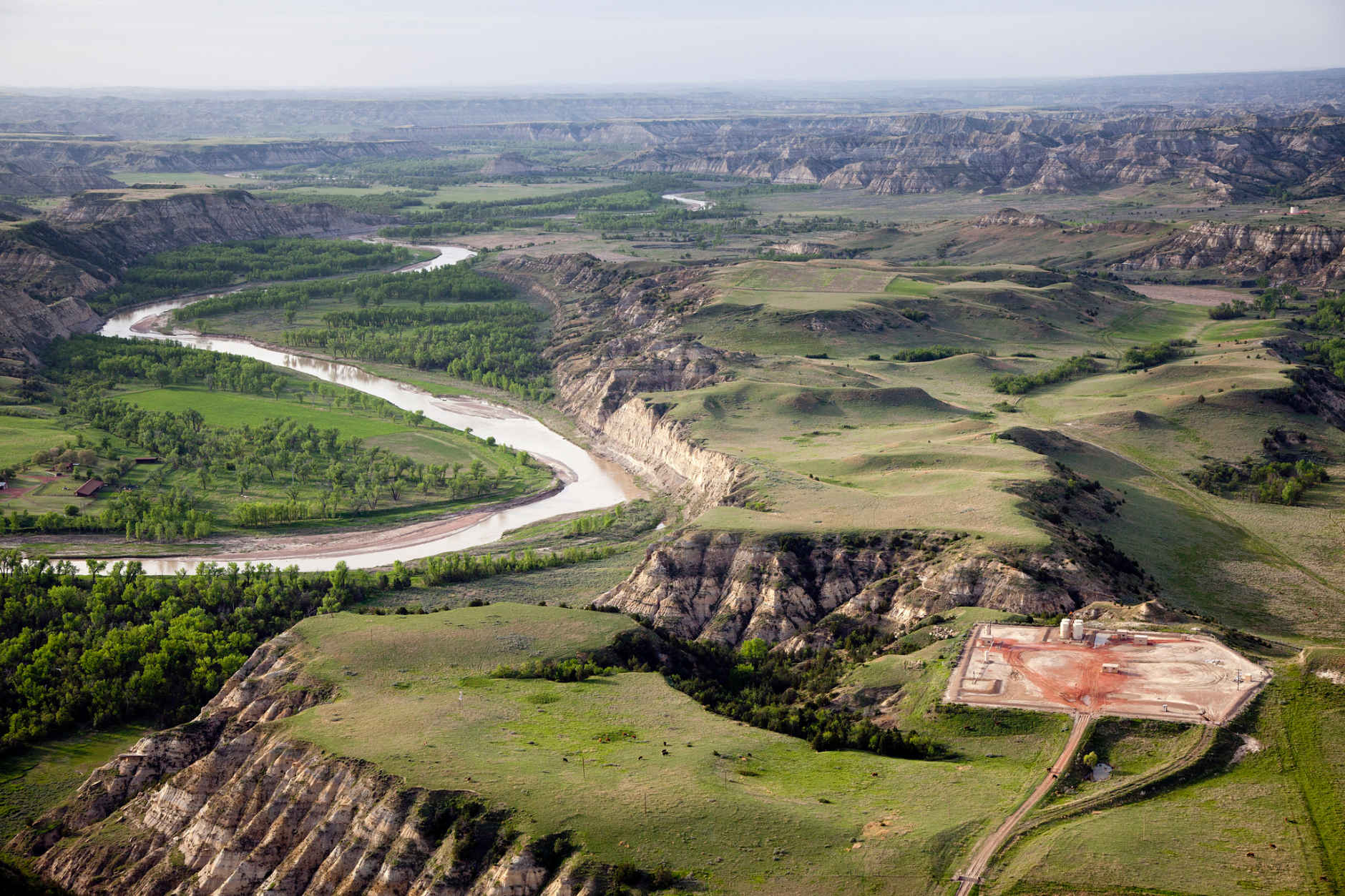Editor’s Note: A version of this story first appeared on PSmag.com on December 09, 2015, with the headline “‘One of the Most Important Indian Law Cases to Go Before the High Court in Half a Century.” This edited version was published in our March/April 2016 print issue.


Late last year, the Supreme Court heard arguments about whether the parents of a Choctaw Indian boy can sue an American chain store through tribal courts. The parents alleged that a manager at a Dollar General on tribal trust land sexually assaulted their son. Legal experts watched the case closely, as it’s long been contentious how far tribal jurisdiction extends when it comes to crimes committed by non-Indians.
Historically, tribes’ legal reach has been short. As A.C. Shilton reported for PSmag.com in May 2015, a 1978 Supreme Court decision established that “tribal courts do not have inherent criminal jurisdiction to try and to punish non-Indians, and hence may not assume such jurisdiction unless specifically authorized.”
The so-called Oliphant decision that Shilton describes has been especially troublesome in cases of rape and sexual assault. Compared to Americans of other races, American Indian and Alaska Native women are more than twice as likely to experience rape or sexual violence.

Since We Last Spoke examines the latest policy and research updates to past Pacific Standard news coverage.
For more from Pacific Standard, and to support our work, sign up for our free email newsletter and subscribe to our print magazine, where this piece originally appeared. Digital editions are available in the App Store and on Zinio and other platforms.





